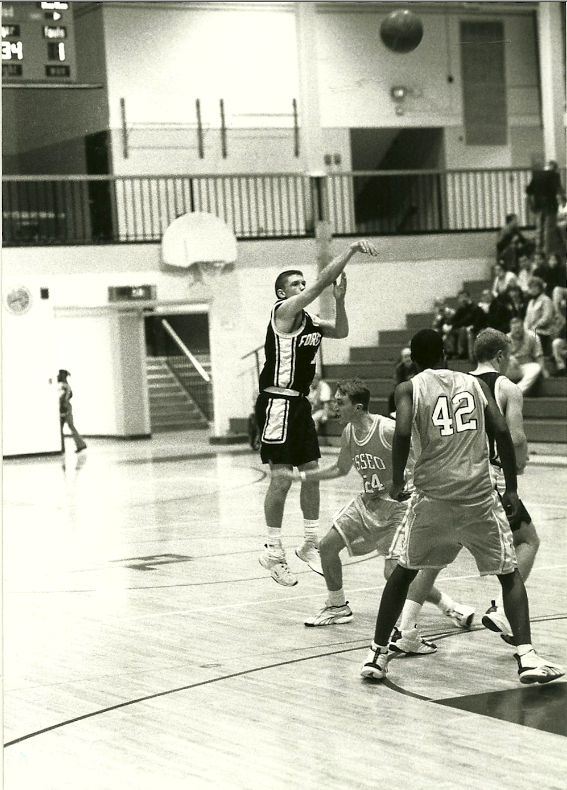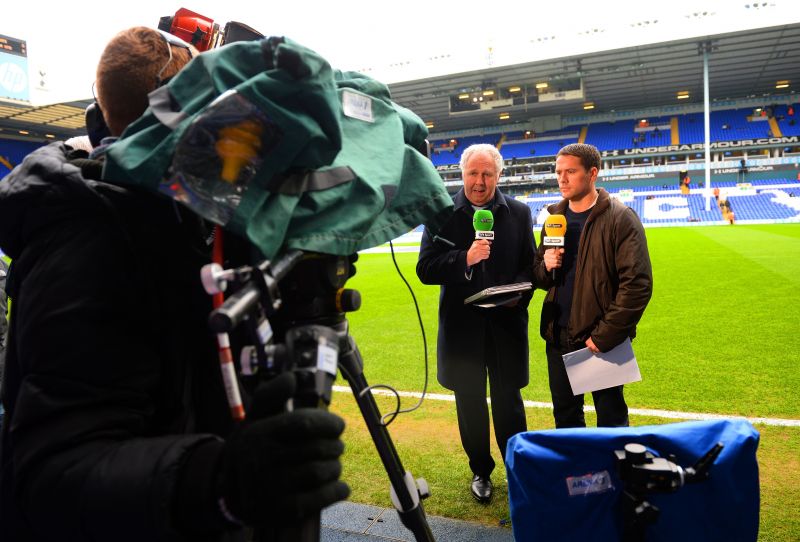

Radio and television announcers present news and opinions and take calls from listeners.Īnnouncers present news and sports or may interview guests on media such as radio and television. Learn more about announcers and DJs by visiting additional resources, including O*NET, a source on key characteristics of workers and occupations.

More Information, Including Links to O*NET Similar OccupationsĬompare the job duties, education, job growth, and pay of announcers and DJs with similar occupations. Overall employment of announcers and DJs is projected to decline 4 percent from 2021 to 2031.ĭespite declining employment, about 3,500 openings for announcers and DJs are projected each year, on average, over the decade.Īll of those openings are expected to result from the need to replace workers who transfer to other occupations or exit the labor force, such as to retire.Įxplore resources for employment and wages by state and area for announcers and DJs. The median hourly wage for disc jockeys, except radio was $15.70 in May 2021. The median hourly wage for broadcast announcers and radio disc jockeys was $18.09 in May 2021. Other types of DJs typically need a high school diploma and some on-the-job training. Broadcast announcers and radio DJs typically need a bachelor’s degree in journalism, broadcasting, or communications experience gained from internships or working at a school radio or television station is helpful.
#Sports commentator jobs how to
How to Become an Announcer or DJĮntry requirements for announcers and DJs vary.

Some work part time, and schedules might include early mornings, nights, weekends, and holidays. Many announcers and DJs work in radio and television studios or are self-employed. Disc jockeys (DJs) act as masters of ceremonies (emcees) or play recorded music at weddings, parties, or clubs. Quick Facts: Announcers and DJsĪnnouncers present news and sports or may interview guests on media such as radio and television. Please enable javascript to play this video.


 0 kommentar(er)
0 kommentar(er)
